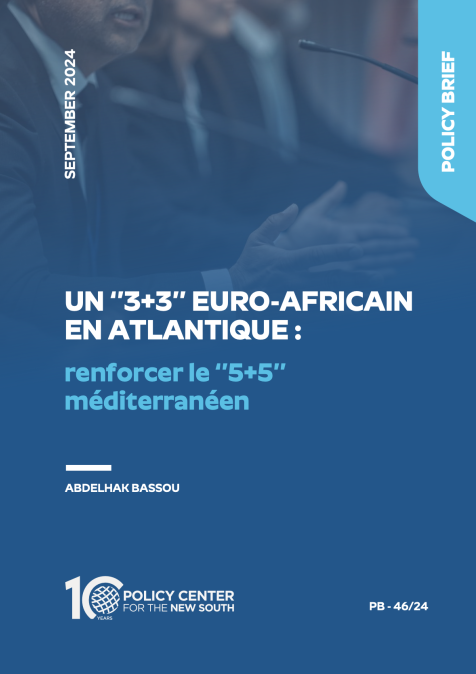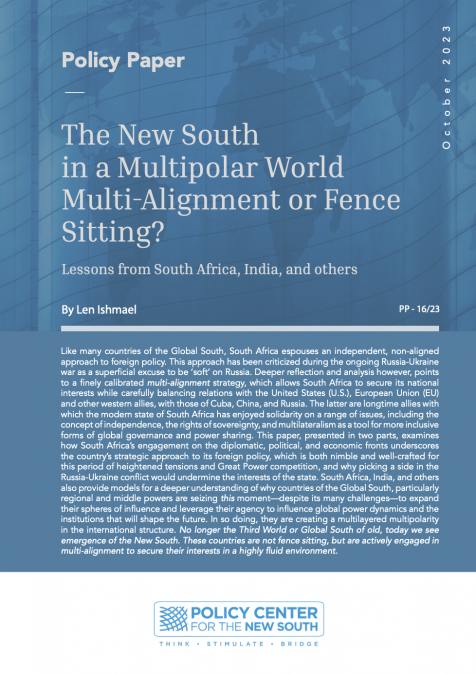Publications /
Policy Brief
Policy Brief
The Democratic Republic of Congo's foreign policy under President Tshisekedi: between ambition for reform and diplomatic drive
April 20, 2022
President Tshisekedi embarked on a significant overhaul of the Democratic Republic of Congo's (DRC) foreign policy and objectives in 2019. This policy shift stands out for the notable international and continental activism, enabling the DRC to put an end to the diplomatic isolation it faced since 2016, restart cooperation with a number of key partners, and revitalize the country’s role in international organizations and regional economic communities. This Policy Brief attempts to examine the fundamentals of this new approach to foreign policy as well as take stock of DRC's foreign policy action since the transition.









